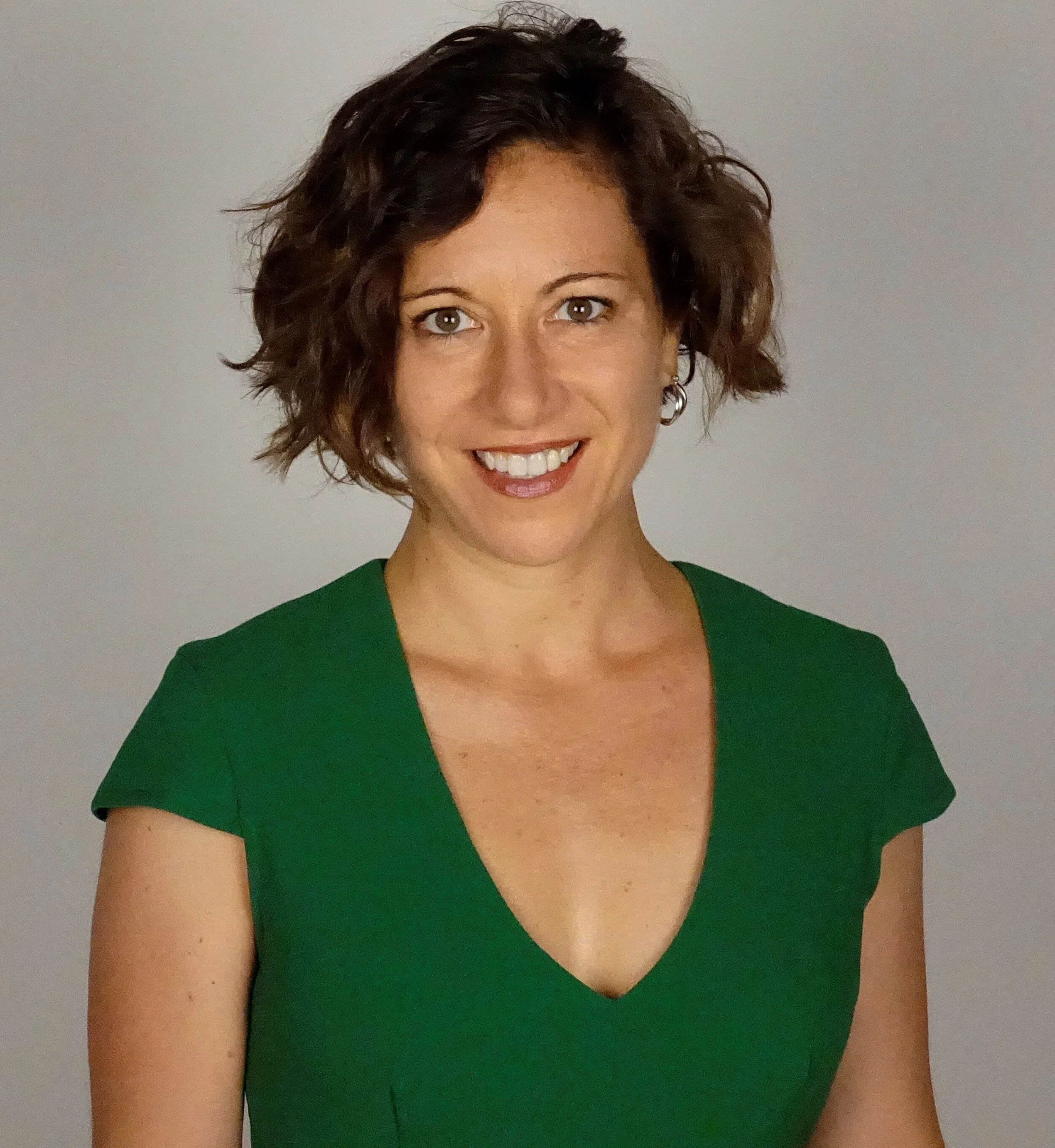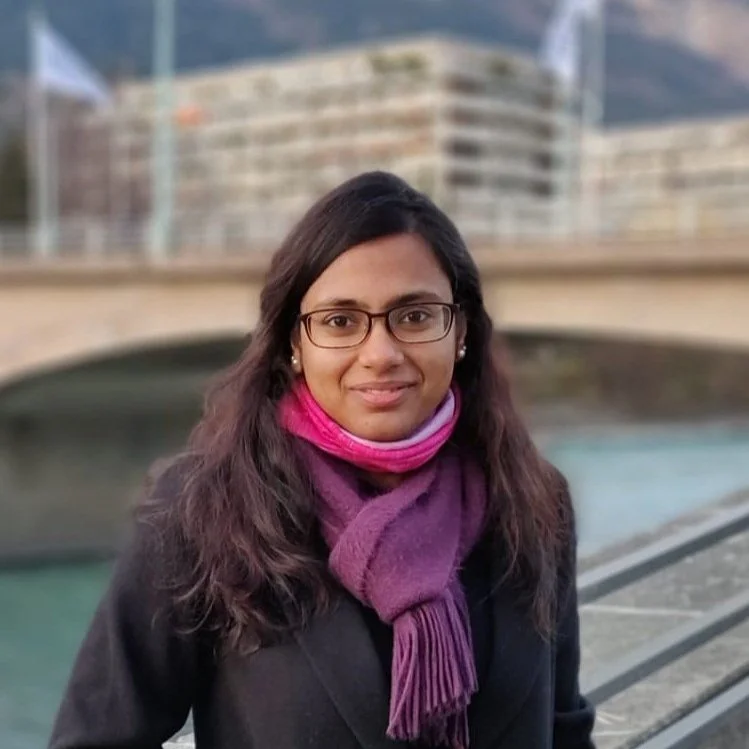Rachel Bezner Kerr
Principle Investigator
Rachel Bezner Kerr is a Professor in Development Sociology at Cornell University. She is a development sociologist with a background in soil science and international development. She does participatory research in Malawi and Tanzania with smallholder farmers, She is currently a Coordinating Lead Author for ‘food chapter’ of Working Group II (Impacts, Adaptation and Vulnerability) of the next global assessment report of the Intergovernmental Panel on Climate Change. She recently served as a member of the High Level Panel of Experts, part of the UN Committee for World Food Security, through co-authoring a report on agroecology and other innovations to address food security and nutrition. She is the director of the Community Food Systems minor in Cornell University, which provides engaged learning experiences for students with organizations working on sustainable agriculture and food justice issues. She collaborated in starting the Tompkins County covid-19 Food Task Force in 2020 in response to local needs.
Marianne V. Santoso
postdoctoral associate, International nutrition
cornell university
Marianne V. Santoso is an IMMANA research fellow collaborating with the Bezner Kerr lab and SHFC to codify the best practices for participatory approaches in agriculture and nutrition research. Her research explores the health impacts of agroecological interventions on women and children (e.g., nutrition and mental health), the severity and impact of food and water insecurity amongst smallholder farmers, and the benefits of participatory approaches in the implementation of nutrition-sensitive interventions. She received her Ph.D. in International Nutrition from Cornell University. For her dissertation, she managed Singida Nutrition and Agroecology Project (SNAP-Tz), a participatory research project engaging farmers in Singida, Tanzania in sustainable agriculture practices (agroecology), nutrition, and gender roles.
Daniel Kpienbaareh
Research Manager, Western University & Cornell University
Daniel Kpienbaareh conducts interdisciplinary research with interests in the application of geospatial techniques to examine the impact of human-environment interactions on socio-ecological systems. He focuses on cross-cutting themes including natural resource management, sustainable agriculture (emphasis on agroecology), food insecurity, land change analysis (forest fragmentation, urban expansion/urban sprawl), and environmental health, mainly in the Global South. His current research focuses on using spatial participatory methods to develop forest inventories in smallholder farming systems and develop climate change and land use change scenarios to enhance ecosystem services, and biodiversity, and facilitate climate-resilient smallholder farming.
Daniel completed his PhD in Geography and Environment from Western University in Canada, with a thesis titled “Agroecology, Ecosystem Services and Crop Health and Productivity: A Participatory Geospatial Analysis in Northern Malawi.” He also holds a MS degree in Geographic Information Systems, Remote Sensing and Cartography from the University of Akron in Ohio, USA, a MS degree in Climate Change Science and Policy from the University Sussex in the UK and a BA degree in Geography and Rural Development/Economics from the Kwame Nkrumah University of Science and Technology in Ghana. He is currently a Research Manager working collaboratively with Western University and Cornell University.
Jeff Liebert
PhD student, Soil and Crop Sciences, Cornell University
Jeff is currently researching the scalability of ecological farming practices among fruit, vegetable, and grain growers in the United States. Through this research, Jeff and his interdisciplinary team of collaborators aim to improve our understanding of how motivations and barriers for the use and disuse of ecological practices—such as diverse crop rotations, intercropping, and insectary plantings—differ across farm size, management approach (organic and conventional), and cropping system (specialty crops, field crops, grains, and forages). If ecological practices are to be meaningfully scaled out and scaled up, there is a need to find solutions for agronomic and economic challenges on the farm, as well as overcome the sociocultural and political barriers that significantly affect decision-making in ways that are often outside of a farmer’s control.
Stephanie Enloe
PhD student, Development Sociology, Cornell University
Stephanie’s work explores how farmer knowledge systems interact with multi-scalar political-ecological forces to influence how people perceive and interact with agricultural biodiversity. She has been working with the FARM for Biodiversity project and exploring Malawian farmer perceptions toward arthropods and birds. Stephanie is particularly interested in applied, participatory research wherein researchers, farmers, and practitioners co-construct strategies to preserve biodiversity while bolstering farmer well-being. She is thrilled to have the opportunity to collaborate with SFHC farmers and leadership.
Prior to attending Cornell Stephanie was a policy associate with the Center for Rural Affairs, where she worked after completing an MS in Sustainable Agriculture from Iowa State University.
Ibukun Owoputi
PhD Student, International Nutrition, Cornell University
Ibukun is interested in maternal and child nutrition programs, especially the effects of gender relations on nutrition and the use of participatory research methods. She is currently working on the Sustainable Land Management (SLM) Survey as part of the Malawi Farmer to Farmer Project (MAFFA). For the SLM survey, she is assessing the impact of participatory agroecological methods and community-based nutrition educational methods on household food security and maternal nutrition.
Sidney Madsen
MS/PhD Student, Development Sociology, Cornell University
Sidney received her B.S. in 2013 from Cornell University in Biology and Society and International Agriculture and Rural Development. Since then, she has worked on a coffee-diversification project in Bolivia and Fulbright-funded research in Guatemala examining seasonal food insecurity, agrobiodiversity, and the CADER extension system in smallholder communities. She is interested in food sovereignty, agroecology, and solidarity economies. Her current work builds on long-term participatory work with smallholder farmers in Malawi. She is collaborating with SFHC staff and farmer promoters of the Carasso project to conduct participatory qualitative interviews to understand agroecological pathways to food security.
Emily Hillenbrand
phd student, developmental sociology, cornell university
Emily’s research interests are in the intersections of gender, agriculture, and food security. She researches how gender-transformative approaches, which address underlying causes of gender inequality, may contribute to sustainable and holistic changes in livelihoods, well-being, as well as empowerment outcomes. Specifically, she is interested in the processes of men's engagement in shifting gender norms. She is working with SFHC's Biovision project to better understand their gender approaches and outcomes.
Anjana Ramkumar
PhD Student, Development Sociology, Cornell University
Anjana is broadly interested in the nexus between agroecology and postcolonial development. Her work explores the eco-social dimensions of agriculture and seeks to understand how agroecological practices contest dominant narratives of development by embracing alternative economies and ecologies of cultivation. Anjana’s dissertation project focuses on the cultivation of heirloom rice varieties in Tamilnadu, India within an agricultural landscape that has been, and continues to be, dominated by high-yielding varieties of the Green Revolution. Her research uses heirloom rice as a lens through which to engage with questions of food sovereignty, decolonisation, and repeasantization.
Prior to joining Cornell, Anjana served as an officer in the Climate Change Division of Singapore’s Foreign Service. She subsequently obtained a master’s degree in Geography from the National University of Singapore in 2019.
Jarvis Fisher
PhD Student, Development Sociology, Cornell University
Jarvis is interested in agroecology, the food sovereignty movement, and the history of economic and social thought. Through his work, he hopes to better understand the manner by which large-scale sociopolitical and economic conditions and altruistic development interventions contribute to inter-and intra-household differentiation within rural communities.
As a PhD student in Development Sociology, Jarvis is currently researching the political economy of rice and groundnut production in Senegal. His work explores the impact that Senegalese state agricultural policy has had on agrarian social relations and rural laborers’ perspectives on the comparative value of industrial and agroecological farming methods. Prior to his time at Cornell, Jarvis received his MSc in Development Studies from SOAS in 2015. In the years following his master’s degree, Jarvis managed and supervised anti-trafficking programs in West Africa and developed grant proposals to support international gender equality advocacy projects.
Emily Baker
PhD Student, Development Sociology, Cornell University
Emily's research uses a historical political ecology approach to explore how smallholders' experience of conflict and climate change shapes agrobiodiversity in cacao agroforestry systems, home gardens, and wildcrafted areas in Western Uganda and the eastern Democratic Republic of the Congo. She is interested in decolonial feminism, agroecology, and participatory action research.
Emily has a background in both agricultural science and social sciences, and she is interested in interdisciplinary research collaboration. She has served as Chapter Scientist and Contributing Author on the recent IPCC report: "Climate Change 2022: Impacts, Adaptation, and Vulnerability." She is working with SFHC and an interdisciplinary team on a "Participatory Forest Mapping" project to explore forest biodiversity and intergenerational knowledge. She has also collaborated with Cornell Small Farms in assessing the social and environmental impacts of local 'food hubs.'
Prior to joining Cornell, Emily was a researcher for Texas A&M University and the Conflict and Development Foundation in the eastern Democratic Republic of the Congo. She earned her M.S. degrees from the University of California, Davis, where she researched smallholder adaptation across different ecological landscapes in the Pare Mountains, northern Tanzania.
Mira Qi
PhD Student, Development Sociology, Cornell University
Mira’s work explores the interplay of state, gender, and agriculture production in shaping agrarian life. Through focusing on agroecology initiatives led by rural women in southwest China, she seeks to better understand the ways in which small farmers cope with or resist pressures that erode smallholder livelihoods, and how their differing livelihood approaches reconfigure the social and ecological relations of production along the lines of class, gender, and generation. Her dissertation project aims to provide key insights into rural women’s role in reshaping China’s agrarian landscapes and rural society, highlighting their struggles and agency. Prior to joining Cornell, Mira received her master’s degree from the University of California, Davis, where she conducted research on the alternative food movement in China.











